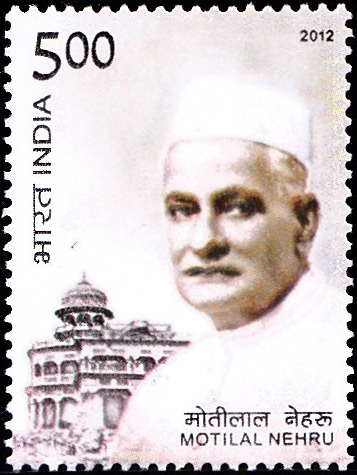
Motilal Nehru 2012
A commemorative postage stamp on Pt. Motilal Nehru, president of Indian National Congress (1919-20 & 1928-29), father of 1st Prime Minister of India, Jawaharlal Nehru :
 Issued by India
Issued by India
Issued on Sep 25, 2012
Issued for : The Department of Posts is privileged to issue a commemorative postage stamp on Motilal Nehru, a commanding figure of India’s freedom struggle, who was instrumental in laying the cornerstone of a secular and democratic India.
Credits :
Stamp / FDC : Sankha Samanta
Cancellation : Alka Sharma
Type : Stamp, Mint condition
Colour : Multi colour
Denomination : 500 Paise
Stamps Printed : 0.3 Million
Printing Process : Photo Gravure
Printer : India Security Press, Nashik
Name : Motilal Nehru
Born on May 6, 1861 at Agra, Uttar Pradesh, India
Died on Feb 6, 1931 at Lucknow, Uttar Pradesh, India
About :
- One of the most eminent personalities of the Indian nationalist movement, Motilal Nehru (1861-1931) was a legal luminary, a noted parliamentarian and a journalist who upheld high ideals. He is also remembered as the father of Jawaharlal Nehru, India’s first Prime Minister and one of the tallest statesmen of the world in the post-World War era.
- Though he hailed from an aristocratic family, Motilal had to go through testing times early in life. He lost his father three months before his birth, and was raised by his elder brothers. Student days at the Muir Central College, Allahabad exerted a formative influence on young Motilal. Subsequently he took up Law as his career. Motilal Nehru emerged successful in the legal practice, and in course of time, he came to be counted among the leading lawyers in the country.
- Motilal’s incursions into politics started with attendance at the Allahabad session of the Congress in 1910. The following year, he became a member of the Allahabad Municipal Board and of the All India Congress Committee. In 1919 he launched the daily paper ‘Independent’, which advocated nationalist ideas forcefully. Motilal’s commitment to the freedom movement and his leadership qualities were widely recognized, and he was elected to preside over the Amritsar Congress in 1919. He was the first among the front rank leaders to accept Mahatma Gandhi’s concept of non-cooperation and cast his lot with the Mahatma. In 1920 he abandoned his practice at the Bar, accepted a frugal style of living and adopted khadi.
- The cancellation of mass civil disobedience by Mahatma Gandhi in 1922 immediately after arousing patriotic fervour was seen by many as an anti-climax. Motilal advocated entry into Legislative Councils to actively pursue non-cooperation, to enable the people to recover from the mood of despondency. A man who lived by his own conviction, he confronted even Mahatma Gandhi, who disagreed with him on the issue. Motilal Nehru and C.R. Das founded the Swarajya Party in January 1923 and contested the elections. The Party emerged the largest in the Central Legislative Assembly. In the six years that followed, Motilal was the leader of the Opposition in the Legislative Assembly.
- The appointment of Simon Commission in 1927, which excluded Indians from the Commission, saw a revival of political activity in the country. Different streams of nationalism converged and it was decided to counter the Commission with an effort to determine the principles of a Constitution for a free India. Motilal Nehru was the considered choice to head the committee for drafting this report. The work of the committee culminated in the Nehru Report which can be described as modern India’s first collective attempt to develop a constitution for itself.
- As Mahatma Gandhi’s Salt Satyagraha unfolded and evolved into a mass movement of an unprecedented scale, an ageing Motilal Nehru, against the advice of his doctors, was once again in the political arena. He was arrested and imprisoned, but his health gave way and he was released. Motilal had the satisfaction of having his son and Gandhiji beside him in his last days. He passed away on February 6, 1931.
- Text : P.N. Ranjit Kumar.


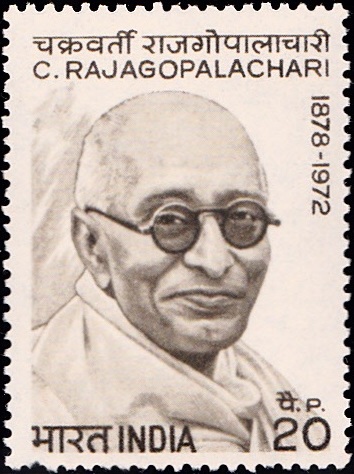
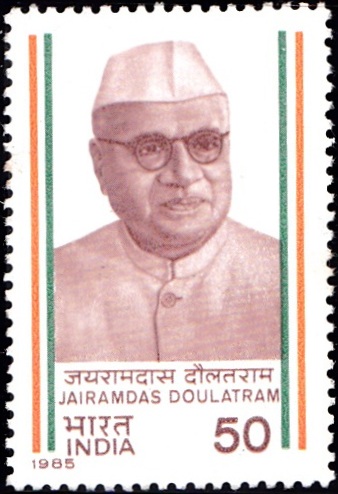
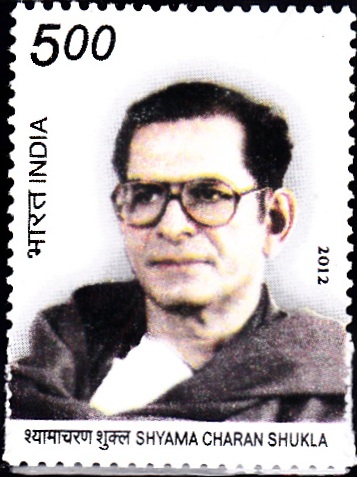
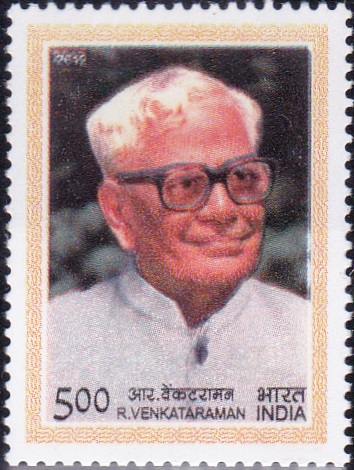
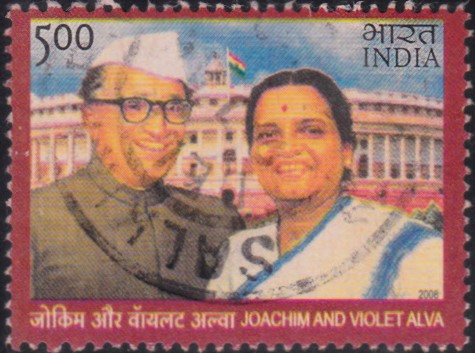
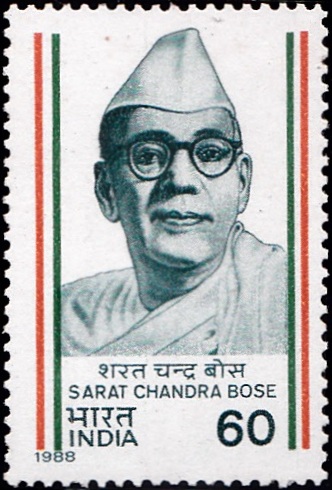
[…] of the prominent Indian Freemasons include Swami Vivekananda, Sh. Motilal Nehru, Sh. C. Rajagopalachari and Sh. Fakhruddin Ali Ahmed to name a […]
[…] Bar, the advocates of Scotland and Vakils. Mr. Ram Prasad, Mr. J. N. Chaudhary, Pt. Sundar Lal and Pt. Moti Lal Nehru were the first batch of the Vakils admitted to the status of advocates by the Chief Justice in […]
[…] freedom struggle, and worked in close association with such national leaders as Mahatma Gandhi, Motilal Nehru, Lala Lajpat Rai, Swami Shraddhanand, Ali Brothers, Annie Besant and many others. He emerged to be […]
[…] came into contact with great patriots of the nation like Mahatma Gandhi, Pandit Motilal Nehru, Shri Morarji Desai and other stalwarts of the freedom movement and luminaries of pre and post […]
[…] into world headlines, when he defeated Tom Canon of England in 1892. Ghulam accompanied the late Pandit Motilal Nehru, the present Prime Minister’s grand-father, to Paris in 1900 and defeated Kader Ali of Turkey to […]
[…] and left the college. He started his political career as Private Secretary to the late Shri Moti Lal Nehru. Since then, he had always played a prominent part in the political life of the country. He was […]
[…] Vallabh came into contact with great patriots of the nation like Mahatma Gandhi, Pandit Motilal Nehru, Shri Morarji Desai, Lala Lajpat Rai, Pandit Madan Mohan Malviya and other stalwarts of the freedom […]
[…] Tilak, Annie Besant, Mahatma Gandhi, Pt. Madan Mohan Malviya, Sarojini Naidu, Mohamed Ali Jinnah, Motilal Nehru, Jawahar Lal Nehru and others on many […]
[…] He was married at the age of 18 while he was a student of Law. He soon came under the orbit of Pandit Moti Lal Nehru and became a close associate of Pandit Jawahar Lal Nehru. He also came under the influence of […]